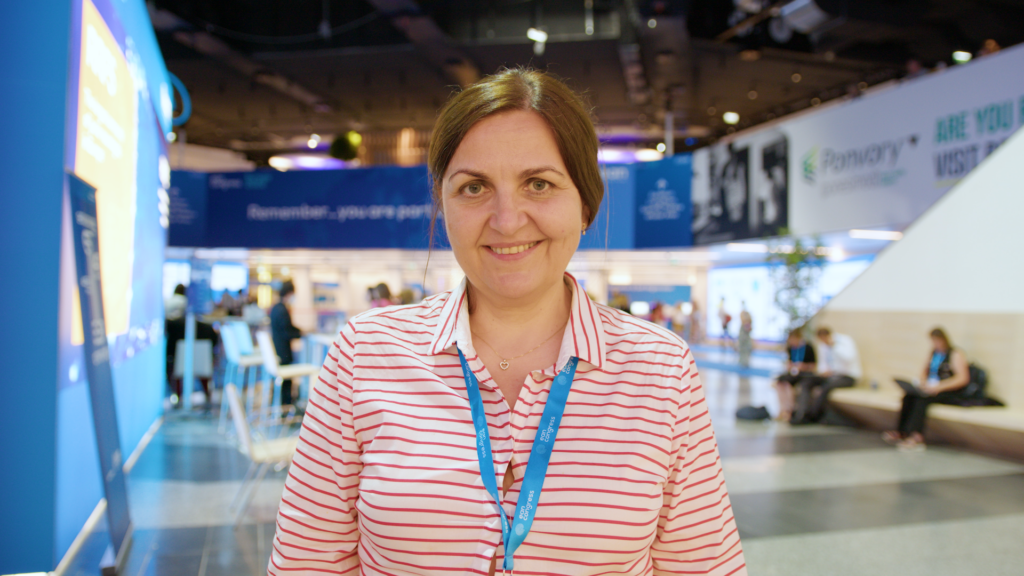David Hafler (Yale School of Medicine, CT) considers recent developments in understanding of genetic risk, as well as the roles of regulatory T cells and B cells in multiple sclerosis (MS), and shares his view on what he considers to be the most important therapeutic targets in MS and remaining questions yet to be addressed.
Questions
1. To what extent do genetic variants drive the risk of MS? (0:11)
2. What has recent research taught us about the role of regulatory T cells in MS? (1:18)
3. How can these findings be used in the development of new therapies for MS? (2:13)
4. What do you consider the most important breakthrough in MS therapy in the last year? (2:54)
5. What do you consider to be the most urgent unmet need in MS at present? (3:53)
Speaker disclosure: David Hafler serves as a consultant to Compass Therapeutics, EMD Serono, and Merck Sharp & Dohme; is on scientific advisory boards for Genentech, MedImmune, and Mylan Pharmaceuticals; and has received research support/funding from Genentech and Bristol-Myers Squibb.
Filmed at the American Academy of Neurology (AAN) Annual Meeting 2018, Los Angeles, CA, US, April 2018.











